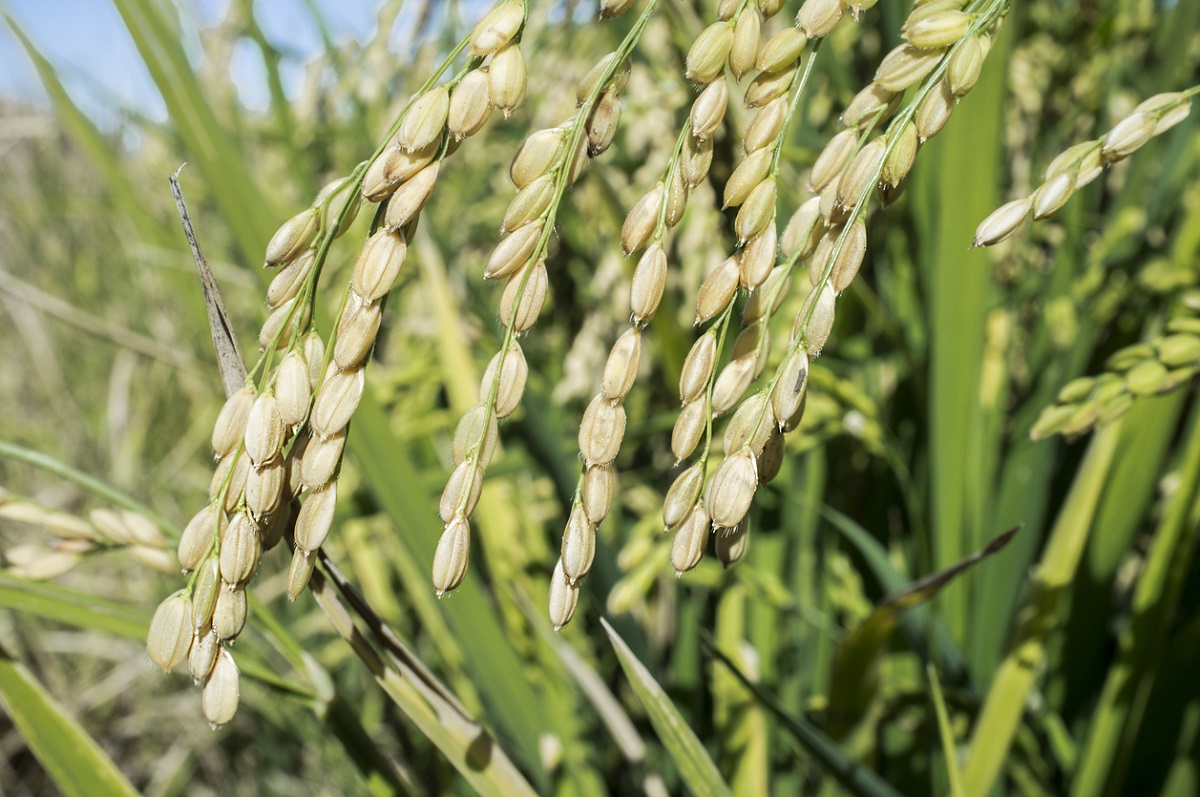
Heterotrimeric G Protein Involved in Regulating Multiple Agronomic Traits in Rice
March 4, 2020| |
Shenyang Agricultural University researchers used gene editing technology to investigate the effects of heterotrimeric G proteins on the regulation of yield components and stress tolerance in rice. The findings are published in BMC Plant Biology.
The heterotrimeric G protein complex, which is composed of Gα, Gβ, and Gγ subunits, are conserved signal transduction mechanism in eukaryotes. Molecular studies have shown that G protein signaling is linked to the regulation of yield-related traits but their involvement on yield components and stress tolerance are yet to be explained. Thus, Yue Cui and the team used CRISPR-Cas9 to generate heterotrimeric G protein mutants in rice and investigate the effects of the proteins on yield components and stress tolerance.
When compared to wild type, the mutants of gs3 and dep1 exhibited better agronomic traits while the mutants of rga1 were extremely dwarfed which caused a reduction in grain production. The mutants exhibited enhanced stress tolerance, especially under salinity treatment. Four putative extra-large G proteins (PXLG)1–4 were found to be linked to the regulation of yield components and stress tolerance.
The findings of the study will help in the application of heterotrimeric G proteins in rice improvement.
Read the research article in BMC Plant Biology.
| |
You might also like:
- New Role of Pea “Large” G-Proteins in Salinity and Heat Stress Tolerance
- Scientists Find "Thermostat" in Plant Immunity
- Plant Breeding Innovation: CRISPR-Cas9
Biotech Updates is a weekly newsletter of ISAAA, a not-for-profit organization. It is distributed for free to over 22,000 subscribers worldwide to inform them about the key developments in biosciences, especially in biotechnology. Your support will help us in our mission to feed the world with knowledge. You can help by donating as little as $10.
-
See more articles:
-
News from Around the World
- Global Study Reveals Next-Gen Consumers and Farmers Share Hopes for Future of Food and Farming
- Bioengineered Late Blight Resistant Potato to Benefit 300,000 Smallholder Farmers in Uganda
- Give Us GMOs as We Wait for Biosafety Law-Uganda's Local Government Officials
- Agri-biotech Information Resources Now Available in Filipino, Cebuano, and Ilocano
- South Australian Government Stands By Decision to Allow GM Crops
- ISAAA and SEARCA Continue 20-Year Commitment for Agri-Biotech in Southeast Asia
- Two GM Soybeans to Stay in the Market After EFSA Re-Evaluation
- Gene for Stem Rust Resistance in Wheat Solves Decades-Old Genomic Mystery
-
Plant
- Heterotrimeric G Protein Involved in Regulating Multiple Agronomic Traits in Rice
- CRISPR-Cas9 Used to Increase Rice Resistance to Abiotic Stresses
-
Read the latest: - Biotech Updates (April 17, 2024)
- Gene Editing Supplement (April 10, 2024)
- Gene Drive Supplement (February 22, 2023)
-
Subscribe to BU: - Share
- Tweet

